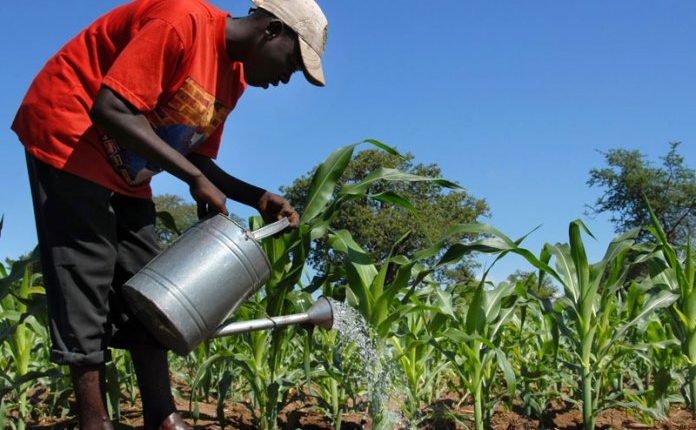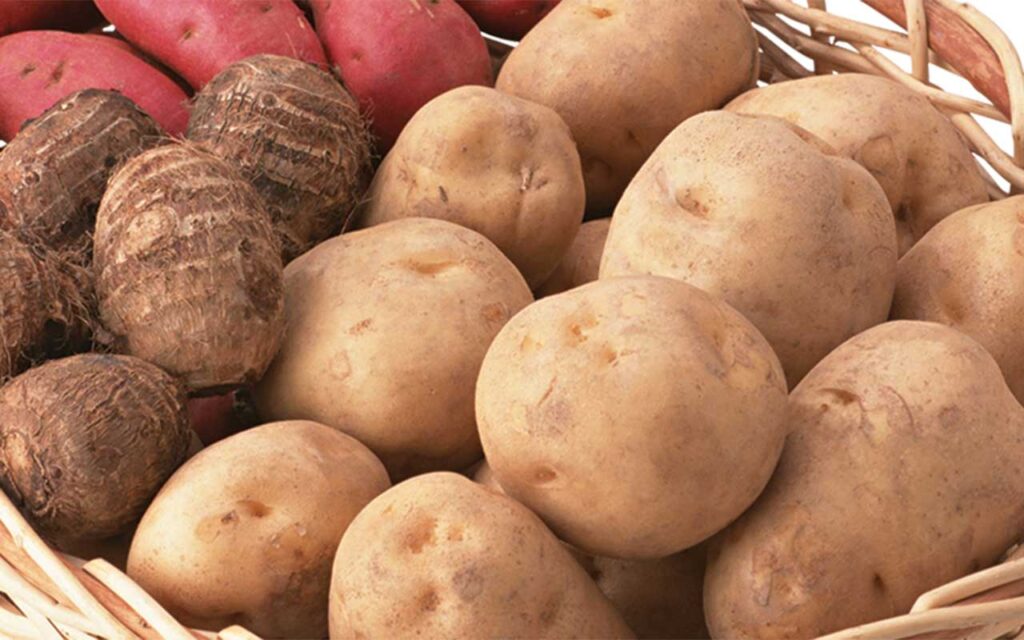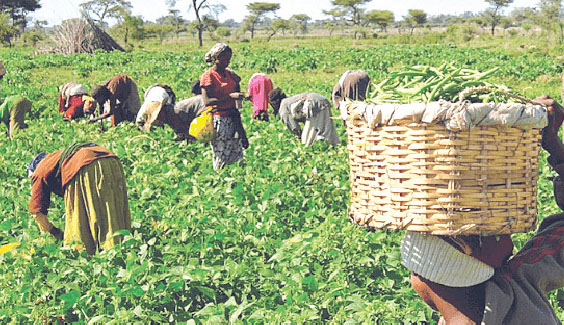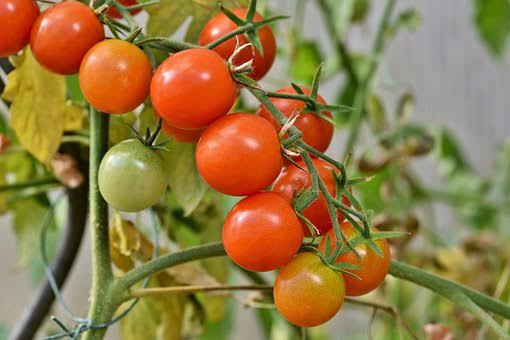
Three years after abandoning their farmlands as a result of terrorists’ onslaughts, a good number of grain farmers in Kaduna State are yet to resume farming activities.
The development signals a looming food security threat in the state and beyond, despite the projection of abundant rainfall this year.
With a vast arable land, Kaduna is one of the major producers of crops such as maize, sorghum, millet and groundnuts. The state produces 10 per cent of the nation’s groundnuts and 22 per cent of corn. Also, they trade their agricultural products with surrounding states.
The major farming areas across the three senatorial zones of the state, is, however, facing security challenges. While the northern and central senatorial zones are facing banditry and cattle rustling challenges, the southern senatorial zone is facing farmers/herders and communal clashes.
In Kaduna central, which comprises of Birnin-Gwari, Igabi, Chikun and parts of Giwa councils, bandits’ activities have driven large-scale farmers out of business. In some part of the Northern senatorial zone such as Zaria and Lere councils, farmers are in distress caused by banditry, but not as pronounced like the situation in the central senatorial zone.
In the Southern Kaduna senatorial axis, the security challenges take a different shape. It is predominantly a mix of farmers/herders, and communal clash, with minor reports on bandits activities preventing people from farming.
In a chat with The Guardian, Abubakar Kankara, who owns a 16-hectare farm in Audu Jangon, said he stopped visiting his farm about four years ago after several attempts by the bandits to kidnap him.
Kankara’s farm is situated at Audu Jangon (hotspot for kidnappers), exactly where bandits launched attack on Kaduna-Abuja train passengers last year.
Abubakar said the bandits set his crops worth about N15 million ablaze after several botched attempts to kidnap him. He noted that the security challenges differ, from farmers/herders clash to banditry and kidnapping, adding that he has stopped farming for over three years.
According to him, “back then, I farm 16 hectares and I used to harvest nothing less than 300 bags of rice, 250 bags of millets and so on and 2,000 crates of eggs yearly. I escaped being kidnapped twice. And after failing to kidnap me, bandits set my crops on fire. I incurred about N15 million losses and since 2019, I never returned to farming.
He said since 2018 to date, majority of farmers have stopped visiting their farms for fear of being kidnapped. “The insecurity issue has put many out of business. Some farmers have sold their farms. I was a computer scientist who ventured into farming and now I find myself jobless. I know how much I generate from grain and chicken farming in six months before the kidnappers started looking for me.
“Government is yet to do anything serious to protect farmers. Almost four years now, I have not stepped into my farm for fear of kidnap.” We want them to build mechanisms to provide security for farmers and reduce importation of food. Government also needs to employ more troops.
“By next year, Nigeria will import food because of this problem and this will lead to crises. Marketers who import will control the price and there will be serious inflation. In the next four to five months, Nigeria will start importing and this will deteriorate our food security.”
Another large-scale farmer based in Kuriga, a suburb of Birnin Gwari council, who does not want his name in print, said: “It is known that farming activities have stopped over a long time in many parts of Kaduna.
I have not been able to visit my farm for two to three years back. Insecurity forced us to sit at home. We have rain, but we are not preparing to visit our farms.
“I have more than 20 hectares of farm and I grow rice, maize, millet and Soya beans. The security challenge has created a dreaded menace that farmers can hardly overcome. Even if we farm and it is about time to harvest, they will invade our farms with cattle and eat our crops. We are losing huge money.
“The fear of working on our farms and fear of being kidnapped is another thing. We can’t pay ransom. As we’ve stopped going to farm, our homes are still not safe. I invested over N5 million and everything has gone down the drain.”
When asked if government fulfilled their promise to end insecurity and whether there will be changes, he said “Government is doing its best, but once some set of bandits have driven away, another sets come from other sides to recruit more bandits.
“Insecurity cannot be stopped. Farming in my area is in real jeopardy, if security is not mounted 24/7 to watch over us as we go to farm.
“Before we harvest and before we farm, they come to us and demand huge some of money. Most times, we only have little money to invest in farming.
“If farmers are not going to farm and if farmers planted and could not harvest, there will be serious hunger. People will have their money but there won’t be supply of food. Many farmers have sold their crops and stock to save their family and have nothing left to return to farming,” he said.
Also, Abdullahi Kudan, a farmer from Buruku community, said the “last time I set my eyes on my farm was three years ago. I dare not follow Buruku Road, not to talk of going to farm. Before banditry became serious, I invested millions of naira on my farm with my friends and we made huge profits, but this security issue has rendered us jobless.
“We are not happy with the current situation and we hope the new administration will fix this problem, else, there will be inflation and food shortage in the country.
“Kaduna is one of the largest producers of grains, imagine if more than half of farmers stop farming, there will definitely be hunger in the country. As time goes on, you will have your money but you won’t be able to buy food with it, because farmers have gone into hiding as a result of insecurity.”







